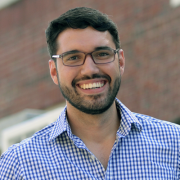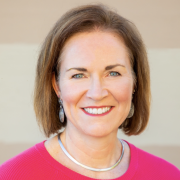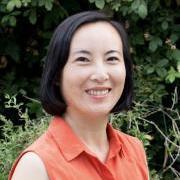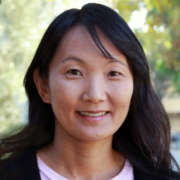Research Updates
Updated January 2025
We conducted a community-based online survey on caregivers’ and teachers’ practices of and attitudes towards wearing face masks in early childhood education programs serving predominantly Asian American families. Despite the ending of the mask mandate, we observed significant heterogeneity within the Asian American community in mask wearing practices. Caregivers and teachers expressed mixed attitudes towards the potential benefit and negative impact of wearing face masks on children’s experiences at school. Future public policies/guidelines on mask use in public space should be sensitive and responsive to socioeconomic and cultural variations in mask wearing practices and attitudes in the community. The COVID-19 pandemic has adversely affected early developmental trajectories of children in low-income, ethnic/racial/language minority and immigrant families, which has exacerbated the already enlarging achievement gap at school entry between children from socio-culturally disadvantaged backgrounds and their socio-culturally advantaged peers. During the peak of the COVID-19 pandemic, mask use by all students and adults while indoors in K-12 school settings in California was mandated by the California Department of Public Health.
Project Updates
Proposed Research and Background
The COVID-19 pandemic has adversely affected early developmental trajectories of children in low-income, ethnic/racial/language minority and immigrant families, which has exacerbated the already enlarging achievement gap at school entry between children from socio-culturally disadvantaged backgrounds and their socio-culturally advantaged peers. During the peak of the COVID-19 pandemic, mask use by all students and adults while indoors in K-12 school settings in California was mandated by the California Department of Public Health.
Although the masking mandate has been lifted with significant drops in COVID-19 infection rate across the state, the U.S. Centers for Disease Control and Prevention continues to recommend indoor masking as a preventive practice to reduce the transmission of COVID-19 and other infectious diseases. Consequently, considerable heterogeneity exists within the early childhood education (ECE) community on guidelines, practices, and attitudes towards masking. Yet, despite the scientific contemplations that masking practice might impact children’s social interactions and language and socioemotional learning in classrooms, no systematic research has been conducted to examine the impact of masking on learning outcomes of DLLs in ECE programs.
Our study aims to fill this gap. We will capitalize on our ongoing research partnerships with Head Start and state-funded ECE programs in the San Francisco Bay and Sacramento Metropolitan areas. These centers serve largely dual language learners growing up in low-income Spanish- and Chinese-speaking immigrant families. We will take a mixed methods (classroom observations, in-depth interviews, language and behavioral sampling) and multi-informant approach (directors, teachers, parents, and children) to examine variations in practices and attitudes towards masking, and explore their impacts on DLLs learning experiences.
Collaborators
- UC Davis
- Kai Ming Head Start
- Hayward Unified School District Community Schools







